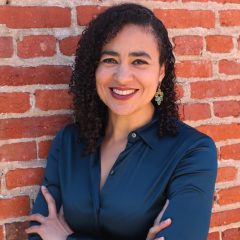Even as DC’s economy grows, it is marked by stark racial inequalities in income, wealth, and poverty. Affording the basics, such as rent, food, and utilities is a daily challenge for many DC residents. This is disproportionately true for Black residents, one in five of whom live in poverty. Income support programs help people make ends meet and boost long-term education and health outcomes for children. By helping residents pay their bills, care for their children and possibly save for a rainy day, DC can help create more stability and a future of shared abundance.
Featured Publications & Resources
Report
DC Families Need Help to Pay Rising Heating Bills this Winter
By DC Fiscal Policy Institute • December 2, 2005 • Income & Poverty / Revenue & Budget
Report
Losing Ground: The District’s Lowest-Income Neighborhoods Suffered Large Population and Income Losses in the 1990s
By DC Fiscal Policy Institute • October 31, 2005 • Income & Poverty
Report
Trends In Funding For Human Services In The District of Columbia
By DC Fiscal Policy Institute • April 18, 2005 • Income & Poverty / Revenue & Budget
Latest on this Issue
Blog
DC Contends with Extreme Child Poverty Disparities by Race, Place, and Age
By Connor Zielinski • March 10, 2025 • Income & Poverty
Blog
Poverty Reduction Stalled While Racial and Income Inequality Persisted in 2023
By Tazra Mitchell • September 16, 2024 • Income & Poverty
Fact Sheets
DC Can Boost Income to Tackle Child Poverty
By DC Fiscal Policy Institute • May 23, 2024 • Income & Poverty / TANF & Income Support






